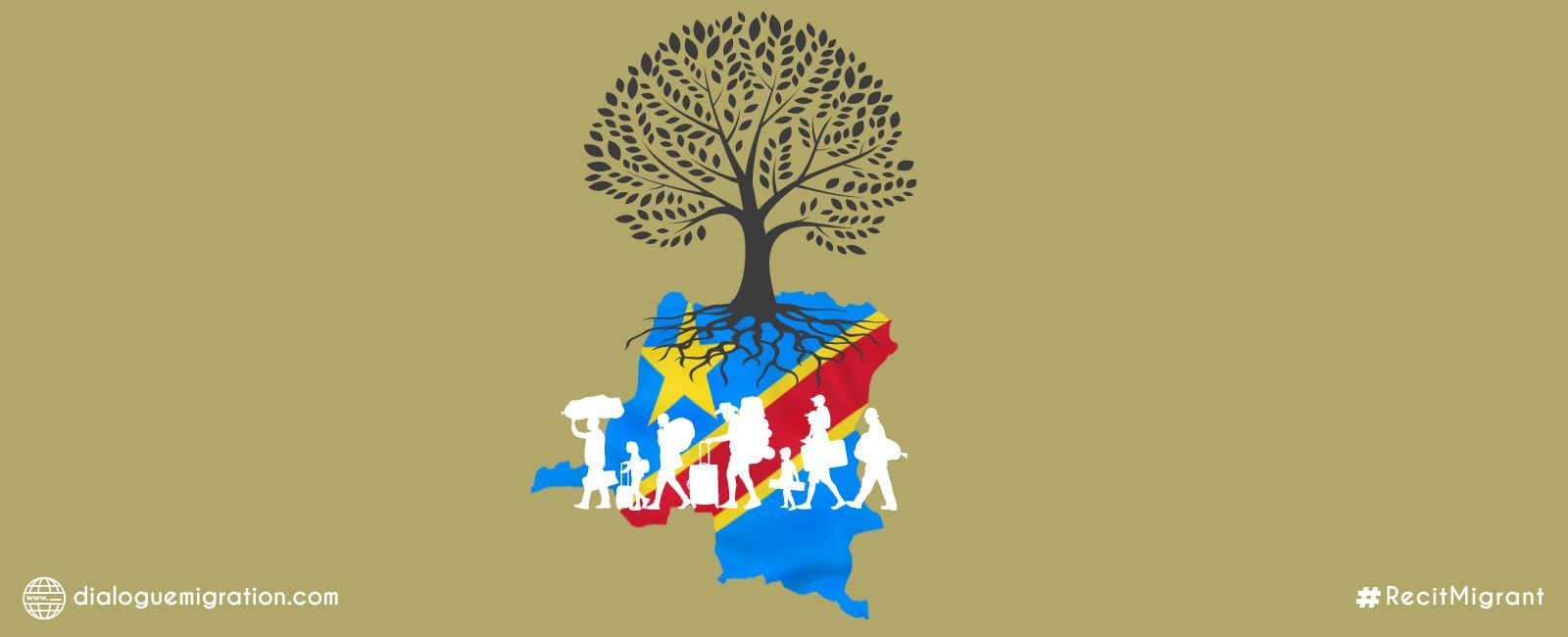

The Democratic Republic of Congo (DRC) is a central African country that has experienced many socio-economic challenges in recent decades. However, migration to this country has brought considerable benefits to the Congolese economy, culture and society. First of all, migration has been retained in relation to cultural diversity in the DRC. Migrants from different countries in Africa, Europe and Asia have brought their cultures, languages, traditions and religions to the country. This has created a rich and vibrant multicultural environment that has enriched Congolese society.
Secondly, migration has boosted the Congolese economy by providing jobs and increasing economic output. Migrants have provided skills and knowledge in different fields, such as agriculture, industry, trade, services and information technology. This has led to the development of new economic sectors and improved the competitiveness of the Congolese economy. Today, at least 95% of the supermarkets in the country are owned by expatriates, mostly from India, Pakistan and China. A concrete example of this dynamic is represented by City Market (Sun Rise) which belongs to a Lebanese family that emigrated to the Democratic Republic of Congo in 1986. Another establishment, Kin Mart, was also established by a Lebanese entrepreneur. The Regal supermarket chain in Kinshasa, meanwhile, is a subsidiary of Gay Impex, created in 1998 by the Indian Parmanand Daswani. Having set foot in the DRC in 1993, Daswani initially worked in general trade before becoming involved in other fields. It is also present in Congo-Brazzaville under the Park’n Shop brand. Other Lebanese and Indian entrepreneurs have contributed to the supermarket scene with establishments such as Alimentation Cristal, Munuprix and Bam à la Gombe in Kinshasa in the DRC.
Within these establishments, Indo-Pakistani, Chinese and Lebanese expatriates are directly involved in their operation, while Congolese workers occupy positions such as cashiers, sanitation workers and security managers. This cross-cultural and cross-industry collaboration contributes to the dynamics of supermarkets, bringing varied skills and diverse perspectives to the team.
These expatriates play a vital role in the DRC’s economy by generating employment opportunities for local workers and actively participating in economic activities, strengthening ties between local and foreign communities.
Moreover, their engagement in key sectors such as security, sanitation services, and management directly contributes to improving quality and safety standards in these establishments, creating a positive impact on the consumer experience and the daily lives of the people of the DRC.
In addition, migration has fostered international cooperation and the transfer of knowledge and technology between different countries. Migrants have established networks of cooperation and partnership between the DRC and their countries of origin, facilitating the transfer of know-how and technology. This has allowed the DRC to benefit from technological advances and expertise from different countries.
Migrants have funded links between the DRC and neighbouring countries in the central Africa region, such as Rwanda, Burundi, and Uganda. This has strengthened regional cooperation and facilitated cross-border trade.
In conclusion, migration to the DRC has brought considerable benefits to the Congolese economy, culture and society. However, it is important to emphasise that migration must be managed responsibly and respectfully with respect for human rights, in order to maximise its benefits and minimise its socio-economic costs.


